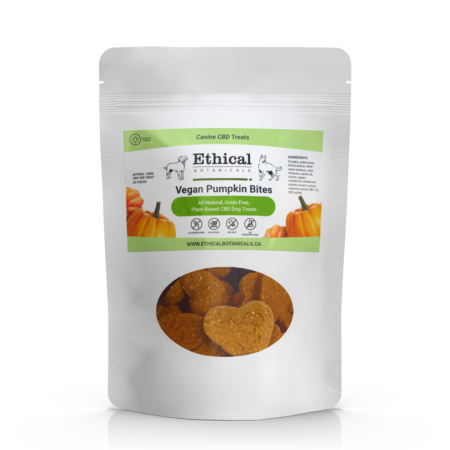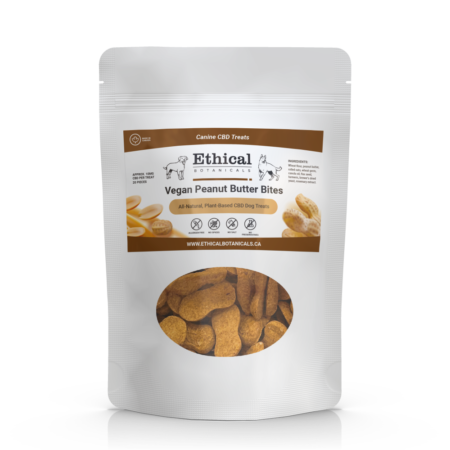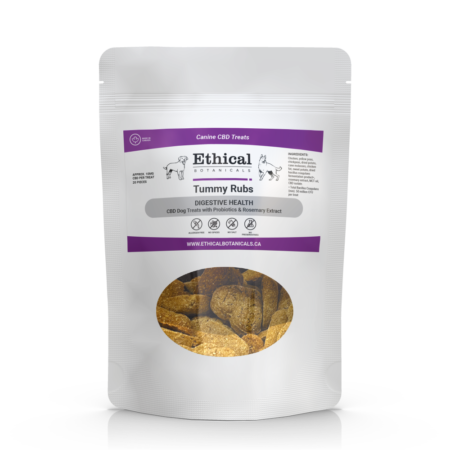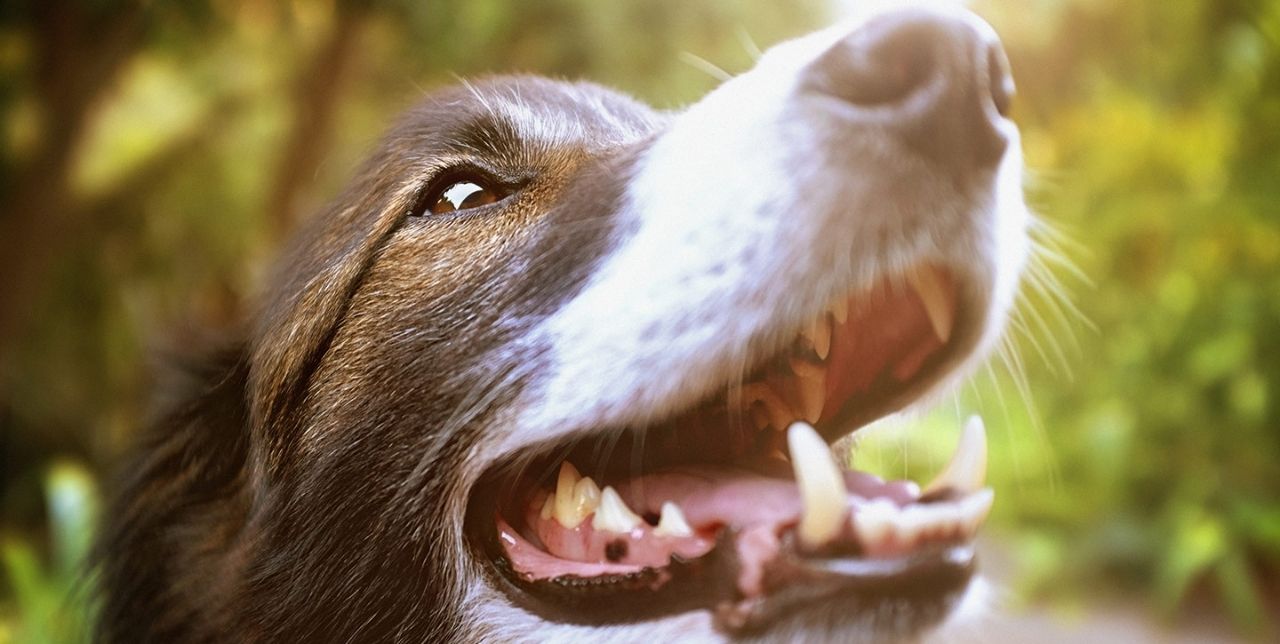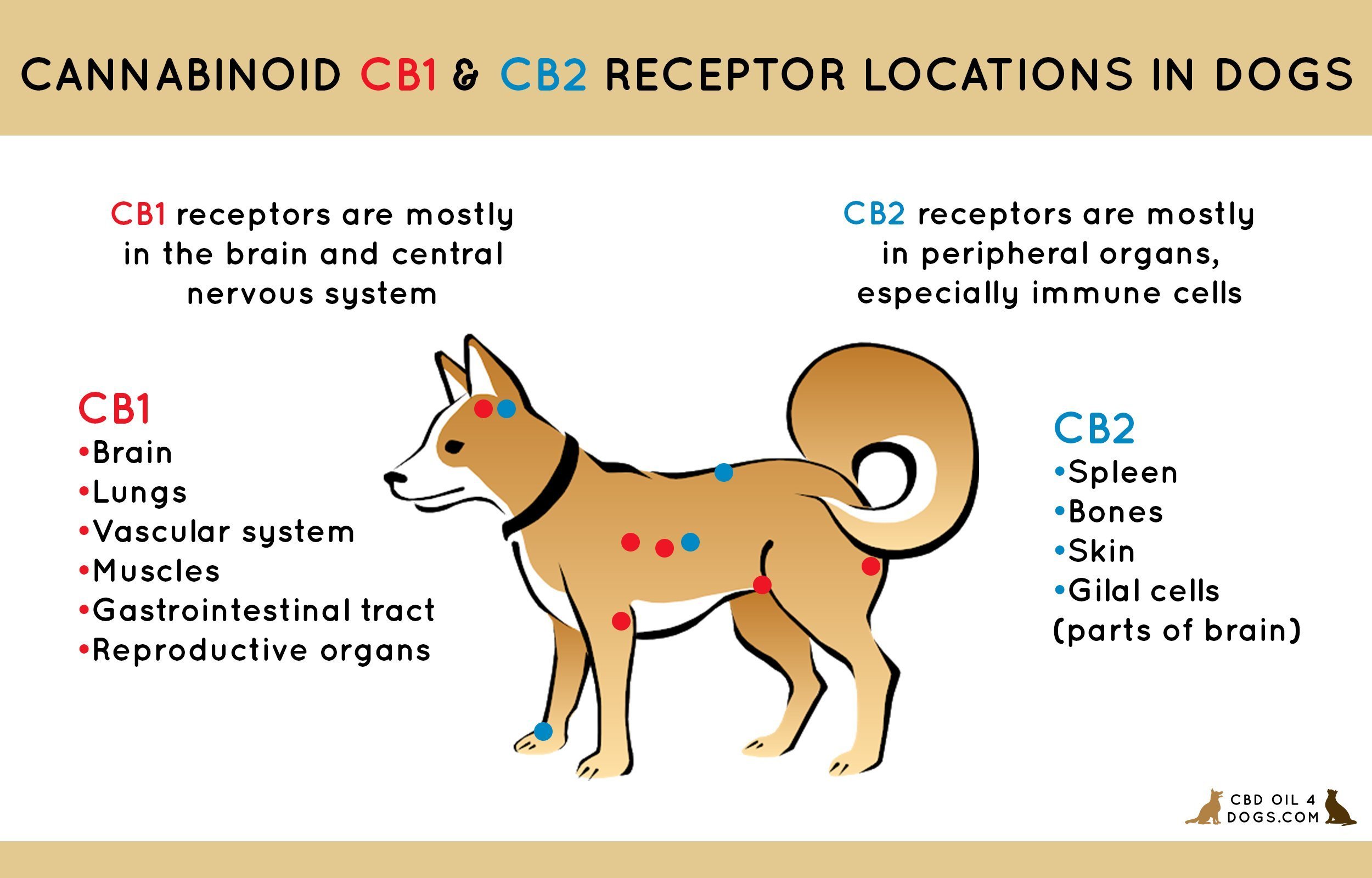CBD (cannabidiol) is produced by cannabis plants, and is usually cultivated from the hemp variety, which produces CBD in much higher concentrations. Humans have been using cannabis for medicine for thousands of years, but scientific research on CBD has only recently gone into full swing.
Since the passing of the 2018 Farm Bill, the use of CBD oil has exploded on the market. The business community has seen the value of these products and are manufacturing CBD oil to treat various medical conditions, not only for humans, but also for pets. Since pets also have endocannabinoid systems that responds to CBD, CBD pet products have seen a commensurate rise in their popularity as well.
Word of mouth about CBD oil helping pets has spread on the web. If you search for testimonials about CBD oil for pets on the internet, you’ll find a surprisingly large number of people have tried CBD oil for pets, and CBD pet products, and enjoyed positive results.
But first off, what is CBD oil?
CBD, short for cannabidiol, is one of many compounds produced by cannabis and hemp plants. Hemp and Cannabis are two different plants. Most CBD products are derived from the hemp plant, which generally contains more CBD, while cannabis plants contain more THC.
CBD must not be confused with THC (delta-9-tetrahydrocannabinol), the psychoactive compound in marijuana, which gives people a high. CBD oil does not contain THC, and doesn’t get you, or pets, high.
How does CBD work?
Cannabinoids interact with the endocannabinoid system (ECS), a system that is common to all mammals, including dogs. Scientists only discovered the ECS in the early 1990s, but have since learned that the ECS plays a vital role in physical, psychological and emotional health.
CBD works by interacting with the ECS through various receptors like CB1 and CB2. Scientists have discovered that the ECS plays the role of “homeostatic regulator” which regulates all major bodily systems, and helps maintain balance to promote optimal functioning. This state of balance is known as “homeostasis.”
This is the reason CBD is sometimes marketed as a sort of panacea or miracle drug that can help with so many conditions. CBD interacts with the ECS, and the ECS’ functions impact nearly every part of our bodies and minds.
Even more interestingly, all vertebrates have endocannabinoid systems of their own, including dogs, cats, parrots, horses, squirrels, iguanas, elephants… you get the picture.
With regard to CBD for dogs, there haven’t been many scientific studies into the effect of CBD on dogs. However, there is a mountain of anecdotal evidence in the form of testimonials from pet owners administering CBD oil to their furry loved ones with great success, for a whole range of ailments.
What pet ailments can CBD oil help with?
Anxiety
Just like humans, dogs suffer from anxiety from time to time. Most dogs hate being left alone at home. It often leads to separation anxiety which can be expressed as constant barking and whining or destructive behavior. Dogs that have had to spend time in a shelter often continue to show signs of anxiety.
Many dog owners are handling their dog’s anxiety by administering CBD oil a few minutes before they leave.
Pain and Inflammation
Many dog breeds suffer from hip dysplasia, which is an abnormal development of the hip joints. Hip dysplasia is a very painful condition that causes swelling and leads to arthritis.
Pet owners use CBD to alleviate symptoms of pain and inflammation in their dogs.
Epilepsy
Epilepsy is fairly common among dogs. It is a traumatic condition for dogs to experience and for owners to observe. Dog owners have been using CBD for this condition with great success, and now science supports the use of CBD for epilepsy in dogs.
A small study at the Colorado State University found that CBD reduced epilepsy attacks in 90% of the dogs in the study.

Potential side effects of CBD in dogs
So far, there are no reported side effects of CBD products for dogs. Provided you adhere to the prescribed dosage, your dog should have no side effects when ingesting CBD.
Pet owners have noticed that when their dog accidentally ingests too much of a CBD product, the dog loses coordination and starts stumbling around. The best remedy for that seems to be rest.
Based on how CBD affects humans, the American Kennel Club highlights the following potential side effects:
Dry mouth: Because CBD can interfere with the production of saliva, ingesting it can lead to increased thirst in dogs.
Lowered blood pressure: For humans, the use of CBD has the benefit of lowering blood pressure. There is a risk that if a dog gets in a high dosage of CBD, it might lower the dog’s blood pressure and cause it to feel light-headed.
Drowsiness: Using higher doses of CBD to treat anxiety may cause drowsiness in dogs.
How to shop for CBD products for dogs
If you decide to use CBD as a treatment for your dog, first discuss it with your veterinarian and then take care when you shop for a product. There is a huge range of products on the market which vary in quality, and it can be very difficult to know what to buy. Here are a few things you should take into consideration.
Organic CBD oil is the best. To ensure that you get CBD oil of the highest standard, look for a product made from 100% natural ingredients. It should be organic and not contain any pesticides, fungicides, or solvents.
Since CBD products for pets are not regulated, it’s crucial to make sure that any product you buy has a third-party lab test certificate indicating that the product doesn’t contain high levels of heavy metals, or other substances that could harm your dog.
Read the label carefully. Some CBD oils contain a negligible amount of CBD, which has no effect. Also, you don’t want to buy a product that contains more than 0.3% THC.
Buy a reputable product even if it costs more. A good quality CBD oil will cost more, but your dog will also benefit from it more. A cheaper product might not contain enough CBD to be of any benefit to your dog.
Avoid possible risks
Since there is a lack of research and we don’t know what dosage might be toxic, it’s best to start with small amounts. To this end, your best option is to buy CBD in a liquid form like an oil or tincture, which allows you to administer the CBD in drops.
Also, if your dog is already on medication, there is a risk of drug interaction if you give your dog CBD oil, so consult your veterinarian first. CBD can interfere with the uptake of some prescription drugs in the same way that grapefruits do.
Should I try CBD for my dog?
When you consider the pros and cons, there’s very little reason not to try. CBD pet products, CBD oil for dogs and CBD dog treats are gaining popularity because they are safe with no serious side effects and no risk of overdose. So, if your dog is suffering from an ailment that could be alleviated with CBD, there’s no harm in trying a CBD product to see if it might help. The scientific evidence isn’t in yet, but the anecdotal evidence is considerable and compelling.
